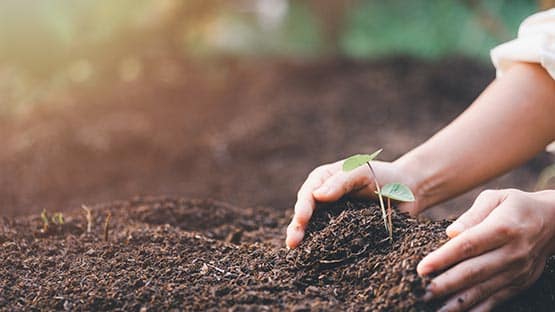
Dr. Jose Ramon Cabanas, chief of mission for the Cuban Interests Section, said conditions in that country are ripe for increased trade with Virginia and other states. That will depend in large part, he said on normalizing relations between the United States and Cuba and fortifying support systems to facilitate trade.
Cuba currently imports more than $2 billion in food, Cabanas said, “and the good news is tourism is increasing in Cuba fast”—16 percent in the past year. That will drive a need for more ag importsl.
While Cuba has more of a service-based economy than an agricultural one, there also is the potential for the United States to import Cuban commodities, he said. Cabanas noted that Cubans “discovered we were doing most of agriculture in Cuba organically … because we did not have the chemicals” for conventional modern production.
As he concluded his remarks, Gov. Terry McAuliffe made an unscheduled visit to the conference to reaffirm his commitment to building trade between Virginia and Cuba. The commonwealth, he said, cannot afford to miss out in the coming years. “I have been to Cuba,” McAuliffe said. “I have seen the hotels where you have almost every nation in the world doing business.”
The governor committed to a trade mission to Cuba later this year.
“I have five trade missions scheduled for the rest of this year,” he said. “No reason it shouldn’t be six.”
During a farm and economic outlook panel discussion, Michael Swanson, senior vice president and chief ag economist for Wells Fargo, cited driving factors in the current U.S. farm export economy, among them the directing of 5.2 billion bushels of corn to the energy sector, and a decision by China to increase its imports. Domestically, Swanson noted, “you have to spend more in agriculture today than you used to. … Things have changed in the last few years,” and net U.S. farm income is 21 percent of gross income.
“What that speaks to is stress,” he said, adding that in the cycle of ag economics, “you have to get through the bottom to get to the top.”
When framing U.S. participation in global trade, he said, “there needs to be more to the story than just demand.” He noted that, in terms of real gross domestic product growth in the rest of the world, “they’ve slowed, and we’ve kind of stabilized.”
Swanson emphasized that increased exports call for awareness of trade partners’ policy decisions and overall economic activity. “Increased exports mean increased risk for a trade setback. … So we need to be more aware of what could happen if we have issues” that could disrupt trade.
The Governor’s Conference on Agricultural Trade was co-hosted by Virginia Farm Bureau Federation, the Virginia Port Authority, Virginia Tech’s Department of Agricultural and Applied Economics, and the Virginia Department of Agriculture and Consumer Services.










